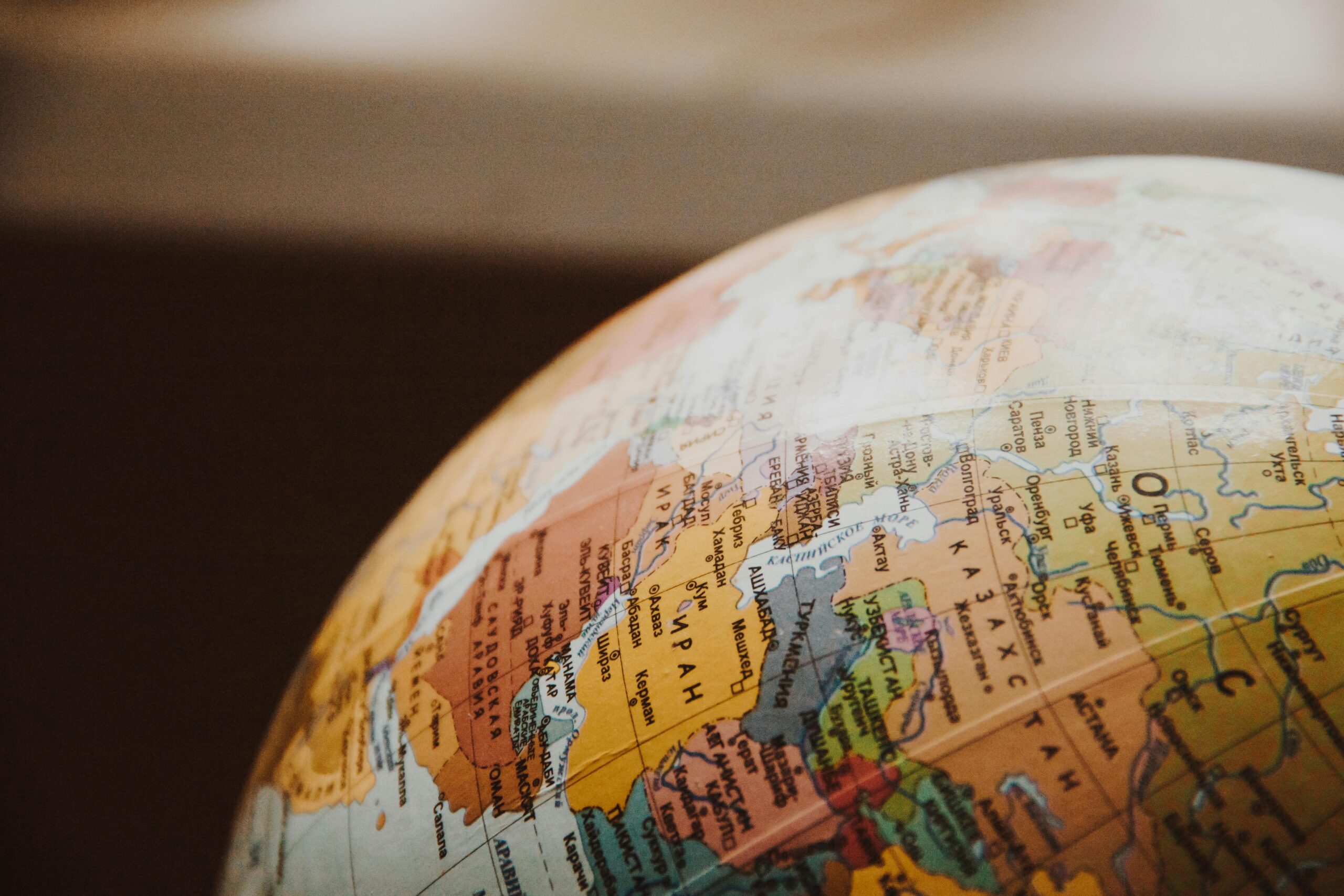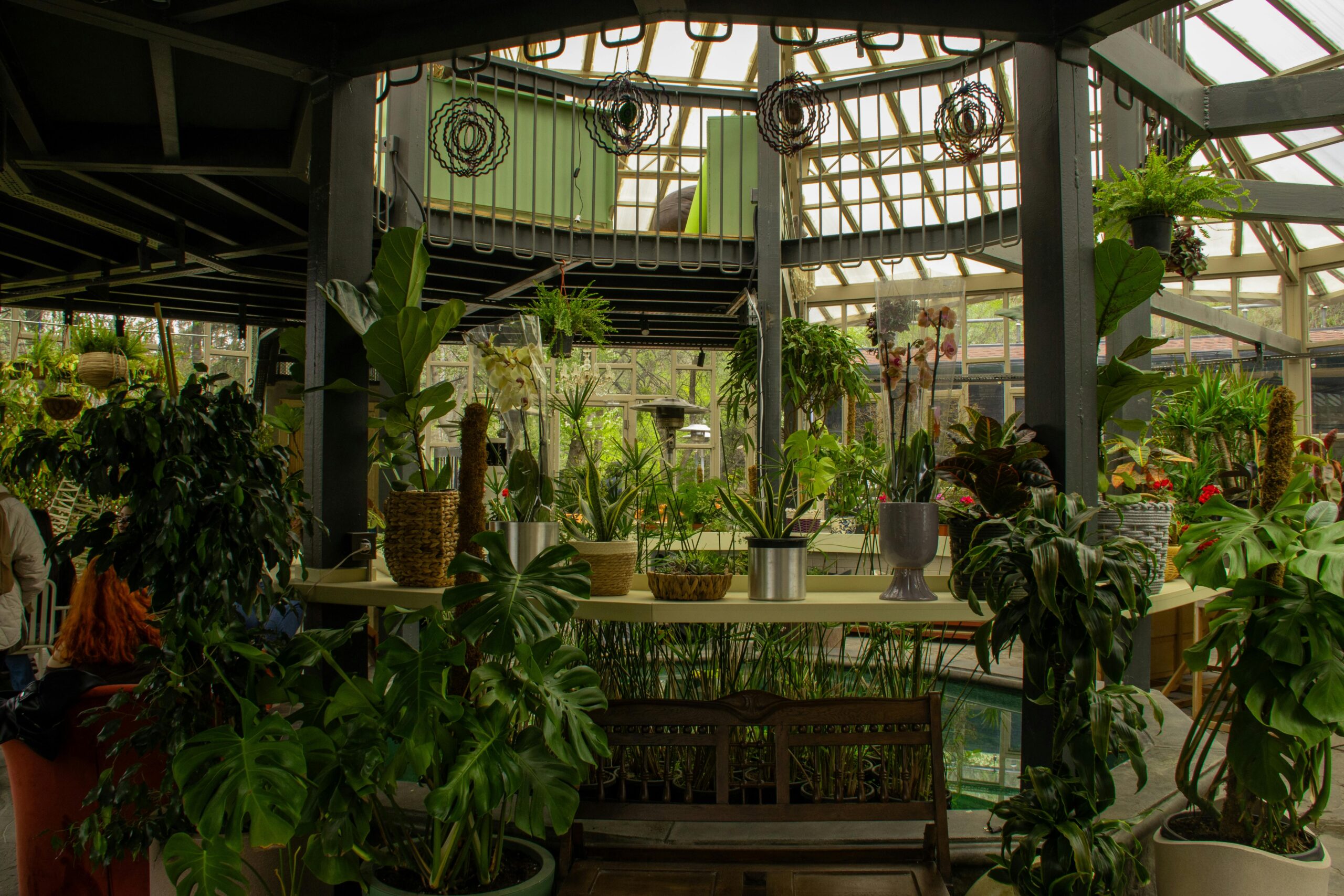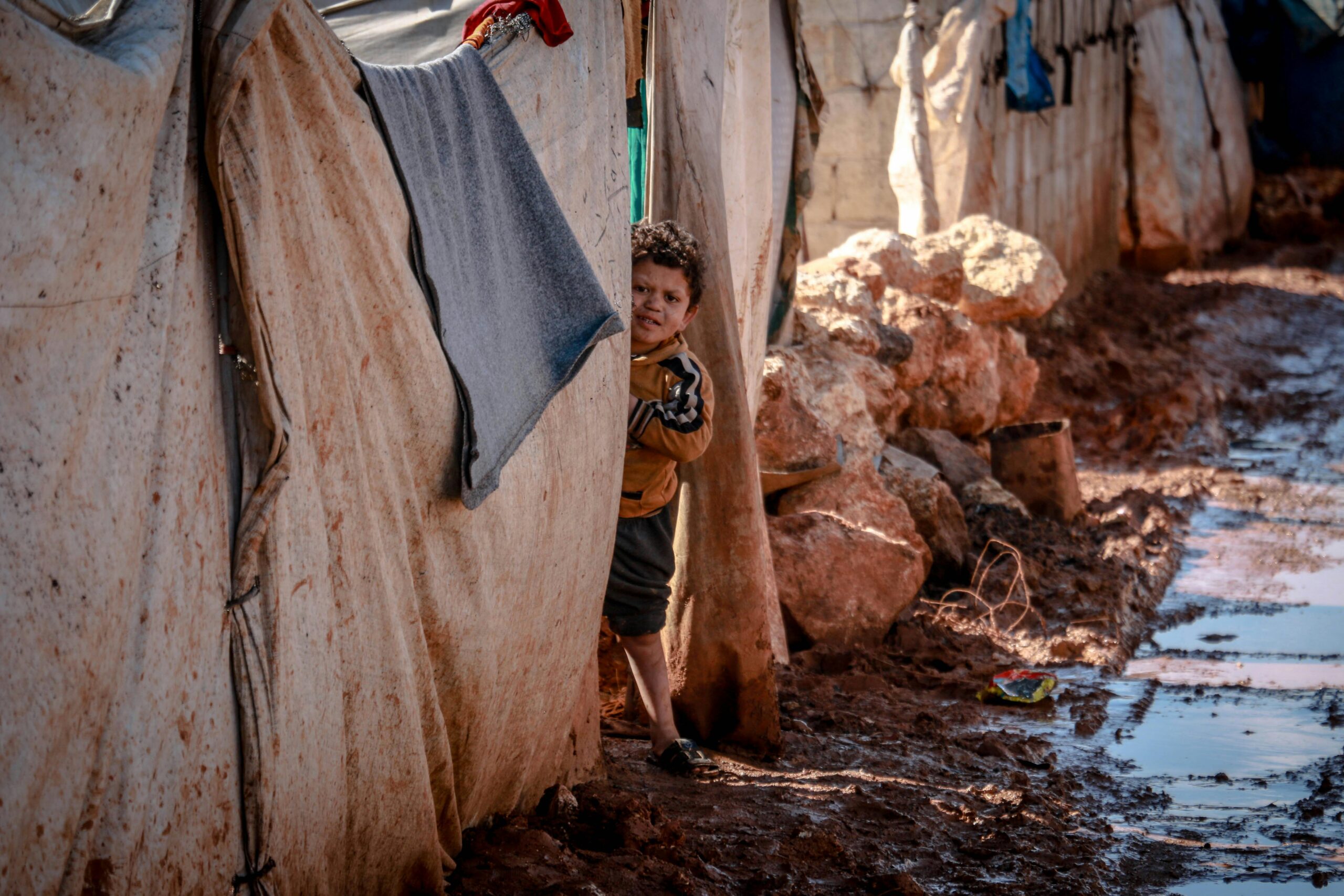According to the United Nations, there were over 26 million refugees worldwide in 2020, and the numbers continue to rise. This issue affects not only those fleeing violence and disaster but also the countries that host these refugees and struggle to provide them with the necessary support.
In this article, we’ll explore the root causes of the refugee crisis, the current scale of global displacement, the humanitarian impact on refugees, and the international response to this ongoing crisis. Understanding the full scope of this issue is crucial for fostering global solidarity and finding sustainable solutions.
- The Causes of the Refugee Crisis
- The Scale of Global Displacement
- Humanitarian Impact
- International Response
- The Role of Refugees in Host Countries
- Conclusion
The Causes of the Refugee Crisis
The refugee crisis is not a single event but the result of multiple complex factors. Understanding these causes is essential to addressing the crisis and finding sustainable solutions.
Conflict and War: The most common driver of displacement is violent conflict. Countries such as Syria, Afghanistan, and South Sudan have seen millions of people flee their homes due to war and civil unrest. War creates dangerous environments where basic human needs—such as food, shelter, and safety—become scarce, forcing families to leave in search of a safer future.
Political Persecution and Human Rights Violations: Many refugees are fleeing political persecution, religious discrimination, or ethnic violence. For instance, the Rohingya crisis in Myanmar saw hundreds of thousands of ethnic Rohingya Muslims flee to Bangladesh to escape violence and human rights abuses by the military government.
Environmental Disasters and Climate Change: Increasingly, climate change and environmental degradation are forcing people to migrate. Natural disasters, such as droughts, floods, and hurricanes, are exacerbating food insecurity and making it impossible for communities to survive in their traditional lands. The growing number of „climate refugees“ is becoming a significant factor in global displacement.
In my opinion, these causes are interconnected. Often, conflict exacerbates existing environmental and economic issues, leading to even more displacement. To truly address the refugee crisis, we must address the root causes of displacement, including the conflicts and environmental factors that force people to flee.
The Scale of Global Displacement
The refugee crisis is massive, and its scale is difficult to comprehend. According to the United Nations High Commissioner for Refugees (UNHCR), over 80 million people were forcibly displaced by the end of 2020, including refugees, asylum-seekers, and internally displaced persons (IDPs). Refugees, specifically, make up a portion of this number, with millions scattered across the globe.
The Largest Host Countries: While refugees come from every corner of the globe, the majority are hosted by neighboring countries, often in the developing world. For example, Turkey, Colombia, and Pakistan are among the top host countries for refugees. These countries, while generous in offering shelter, are often stretched thin in providing the necessary resources to support these populations.
Regions Most Affected: The Middle East and Africa have seen some of the highest numbers of displaced populations, primarily due to ongoing conflicts in Syria, Yemen, and the Sahel region. In Asia, Afghanistan and Myanmar have also been major sources of refugees.
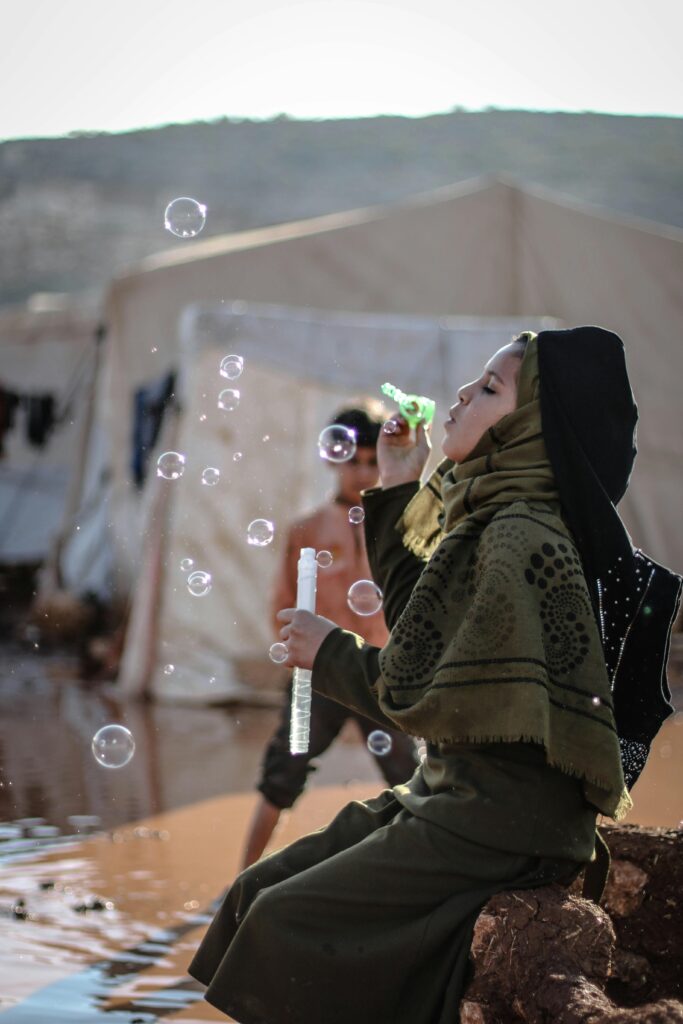
However, as climate change impacts agricultural communities globally, we are beginning to see growing numbers of people displaced from regions like Latin America and Southeast Asia due to environmental crises.
In my view, the statistics are staggering, but they also tell the story of resilience. Despite the massive numbers, many refugees are finding hope and rebuilding their lives in host countries, which highlights the importance of continued global cooperation.
Humanitarian Impact: The Plight of Refugees
The humanitarian impact on refugees is profound, as they face extreme hardship both during their displacement and while living in refugee camps or informal settlements.
Living Conditions in Refugee Camps: Refugee camps, while meant to provide temporary shelter, often become overcrowded and under-resourced. These camps frequently lack sufficient access to basic services like clean water, sanitation, healthcare, and education. The living conditions in these camps can lead to serious health issues, including the spread of diseases like cholera and malnutrition, particularly among vulnerable populations such as children and the elderly.
Psychosocial Impact: Refugees also face significant psychological trauma. Many have witnessed violence, lost loved ones, or experienced displacement that can lead to mental health issues such as PTSD, depression, and anxiety. Women and children are particularly vulnerable to gender-based violence, exploitation, and abuse in refugee camps.
A 2019 study published in The Lancet examined the mental health of refugees in Europe and found that many refugees suffer from severe psychological distress due to the trauma of displacement. It is essential to provide not just physical aid but also psychosocial support to help refugees heal and rebuild their lives.
International Response: How the World is Addressing the Crisis
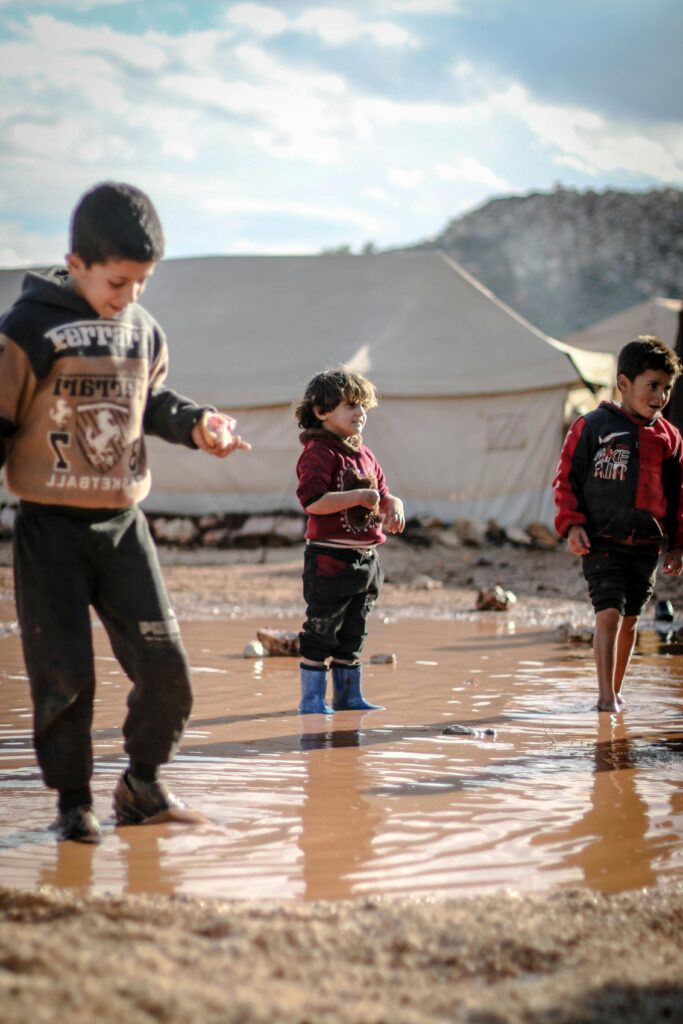
The international community, led by organizations like the United Nations Refugee Agency (UNHCR) and the International Organization for Migration (IOM), has made significant efforts to address the refugee crisis. However, the scale and complexity of the issue pose challenges in delivering adequate support to refugees.
Humanitarian Aid: Organizations like the UNHCR provide emergency assistance to refugees, including food, shelter, healthcare, and education. They also work to ensure refugees have legal protection and advocate for their rights. However, funding for refugee aid often falls short, and in many cases, aid is not equally distributed among all affected regions.
The Role of Host Countries: While many host countries have been generous, others struggle to meet the needs of refugees.
Countries like Germany and Canada have taken significant steps to integrate refugees into their societies, offering resettlement programs, housing, and employment opportunities. However, other nations have faced challenges related to political opposition, resource limitations, and rising anti-refugee sentiments. From my perspective, international cooperation is critical in addressing this crisis. Countries must work together to share the burden of hosting refugees and to provide meaningful long-term solutions that promote integration and social inclusion.
The Role of Refugees in Host Countries: Economic and Social Contributions
While refugees often face significant challenges, they also bring valuable contributions to their host countries. Many refugees are able to integrate into the workforce, contribute to the local economy, and enrich the cultural landscape of their new homes.
Economic Contributions: Refugees often fill gaps in the labor market, especially in industries like agriculture, construction, healthcare, and hospitality. A study from the European Commission in 2018 found that refugees contribute positively to the economy, both in terms of labor and entrepreneurship, by opening businesses and creating jobs.
Cultural Enrichment: Refugees also bring unique cultural perspectives, traditions, and knowledge to their host countries. In many cases, they help to foster multiculturalism and enrich local societies with their art, music, cuisine, and customs.
The integration of refugees can lead to stronger, more diverse communities, but it requires investment in education, language learning, and social programs. I believe that when refugees are given the right support, they have the potential to contribute significantly to the social and economic fabric of their new homes.
The choice is not between the current crisis and blissful isolation. The choice is between the current crisis and an orderly, managed system of mass migration. You can have one or the other. There is no easy middle ground
Patrick Kingsley
The New Odyssey: The Story of Europe’s Refugee Crisis
Conclusion
The refugee crisis is one of the most pressing humanitarian challenges of our time. Millions of people have been forced to flee their homes, seeking safety and stability in other countries. While the international community has made significant efforts to address the crisis, there is still much to be done.
As we move forward, it’s crucial that we approach the refugee crisis with empathy, cooperation, and a commitment to human rights. We must ensure that refugees receive the support they need to rebuild their lives and contribute to their new communities. The solution lies not just in providing immediate aid, but in long-term integration efforts, policy changes, and fostering global solidarity.





